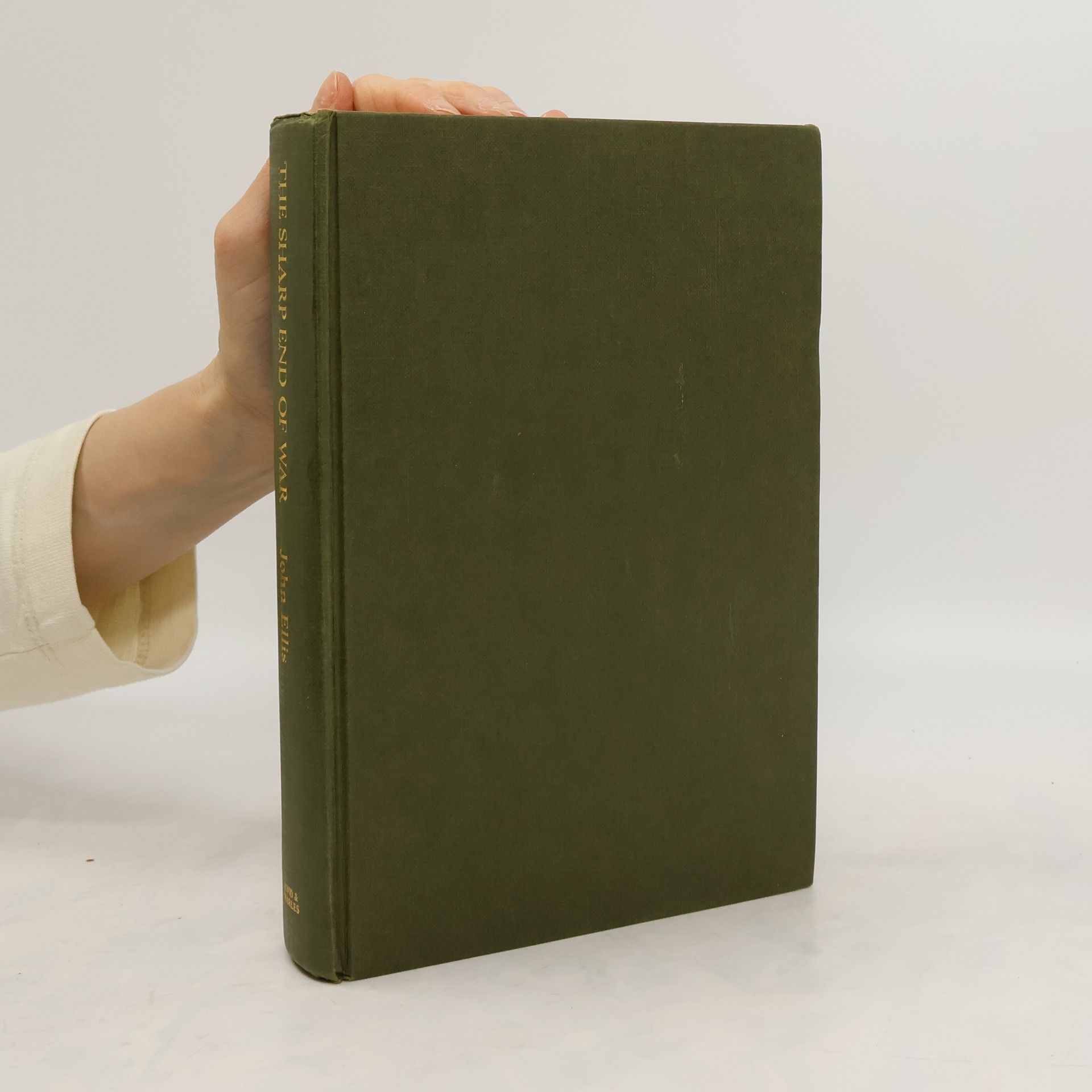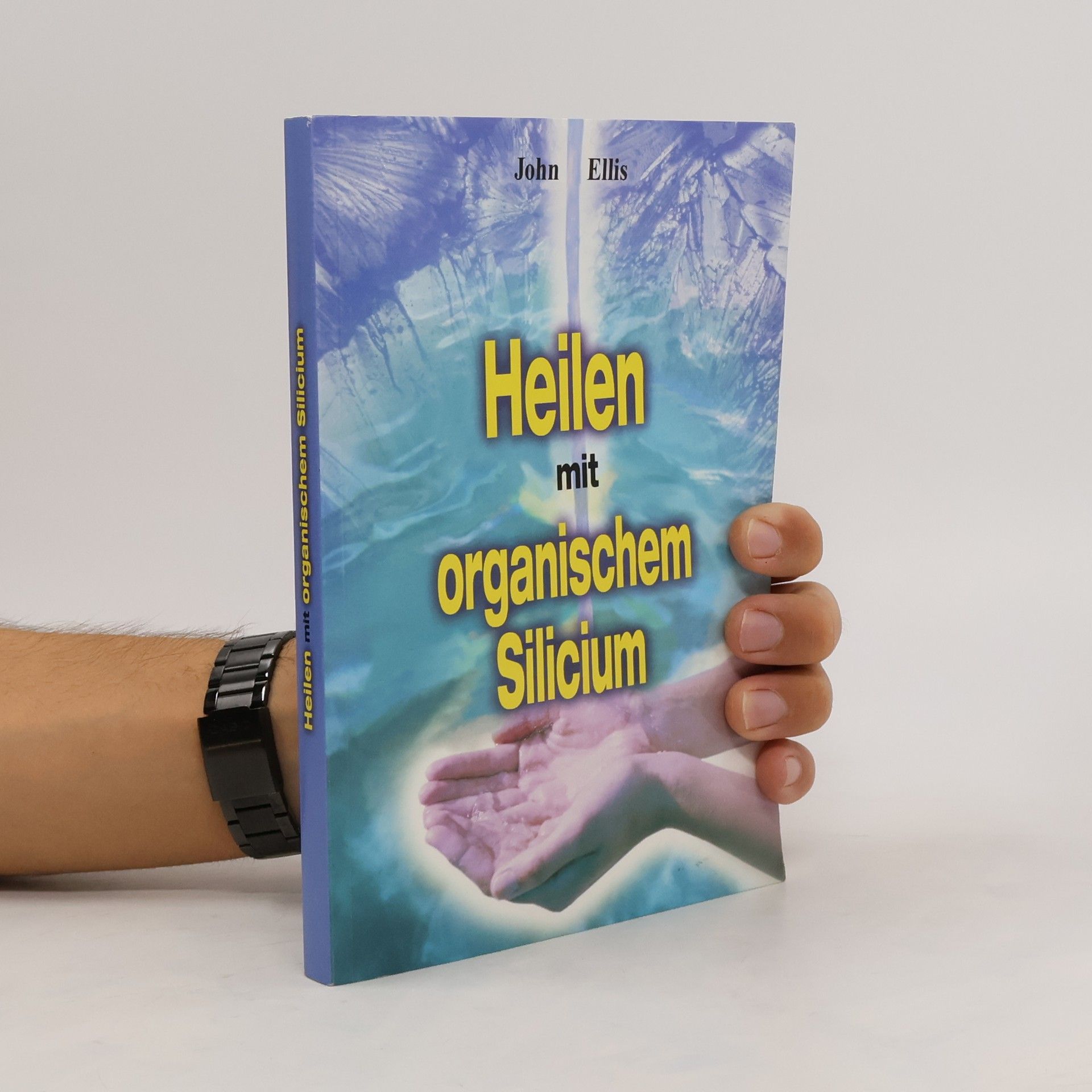This revised edition of a standard textbook combines an examination of the cinema and television industries with a detailed analysis of their aesthetic and semiotic characteristics. John Ellis draws on his experience as an independent television producer to provide a comprehensive and challenging overview of the place of film, television and video in our daily lives and their future prospects in a changing media landscape.
John Ellis Books







Homeopathy or homoeopathy is a pseudoscientific system of alternative medicine. It was created by Samuel Hahnemann. Its practitioners, called homeopaths, believe that a substance that causes symptoms of a disease in healthy people would cure similar symptoms in sick people; this doctrine is called "similia similibus curentur," or "like cures like". The term "homeopathy" was coined by Hahnemann which comes from the Greek: hómoios, "like" and páthos, "suffering". Hahnemann gathered and published a complete overview of his new medical system in his book, The Organon of the Healing Art, whose 6th edition, known as Organon of Medicine, is still relevant today. Homeopathic healing is considered controversial and it received a lot of critique over the years, but it still survived and is practiced today. Table of Contents: - Organon of Medicine by Samuel Hahnemann - Of the Homoeopathic Doctrines by J. G. Millingen - Homoeopathy as a Science by Edward Bayard - Personal Experience of a Physician by John Ellis
Armies in Revolution
- 278 pages
- 10 hours of reading
Focusing on seven revolutionary armies, the book explores the interplay between political ideals and military organization from Cromwell's New Model Army to Mao Zedong's Red Army. It delves into the challenges of mobilization, the necessity of maintaining discipline, and the impact of social stability on military effectiveness. Through historical analysis, it highlights how these factors shaped the success and failures of revolutionary movements.
The book addresses common struggles like fatigue and skin issues, offering practical solutions to combat feelings of laziness and improve overall energy levels. It emphasizes natural remedies and lifestyle changes that can alleviate acne and other skin problems without resorting to expensive medications. By focusing on holistic approaches, it aims to empower readers to take control of their health and well-being.
Killer In The Pews
- 172 pages
- 7 hours of reading
Special Agent Richard Haley faces a chilling investigation that intertwines with his long-time church, revealing dark secrets and unexpected culprits. As he and his partner, Terri Waters, delve deeper, the case threatens to engulf not only the church community but also Richard's own family, leading to a gripping exploration of trust, betrayal, and the hidden dangers lurking within familiar surroundings.
The Pedagogical Writings of Marguerite Long
A Reassessment of Her Impact on the French School of Piano
- 344 pages
- 13 hours of reading
The book showcases the pedagogical writings of Marguerite Long, a pivotal figure in 20th-century French piano music. It includes English translations of her influential texts, "Le Piano" and "La Petite Mâethode de Piano," which reflect her innovative approach to piano teaching and her insights on musicianship and life. Alongside these translations, John Ellis provides an analysis that contextualizes Long's career, her rivalry with Alfred Cortot, and the challenges she faced due to sexism, illuminating her significant yet overlooked contributions to music pedagogy.
The book is a reproduction of a historical work, published by Megali, a company dedicated to producing large print editions. This initiative aims to enhance accessibility for readers with impaired vision, ensuring that important texts are available to a wider audience. The focus is on preserving the original content while making it easier to read.

